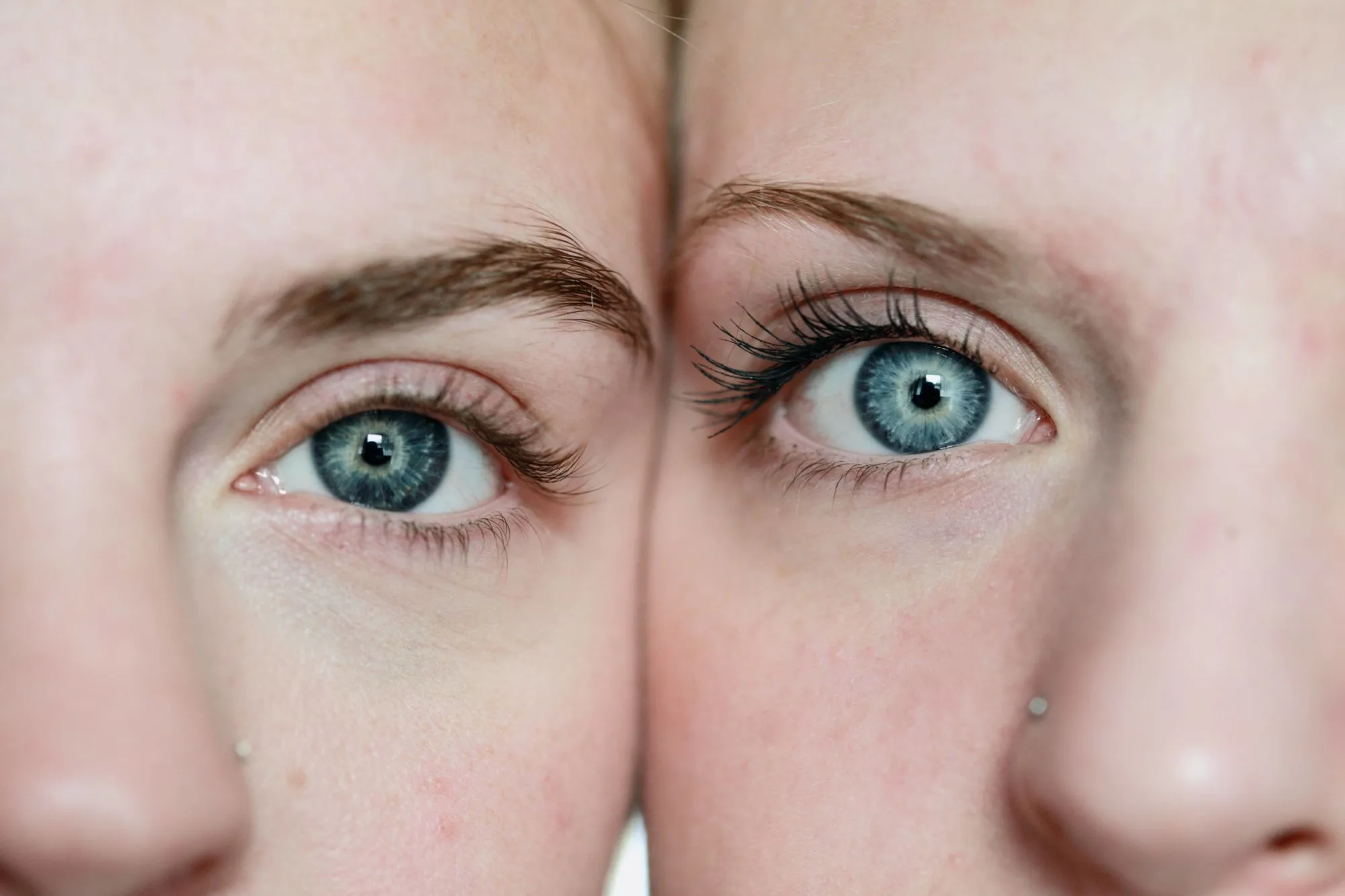As more and more people embark on a “longevity journey,” they proactively invest in their healthspan through preventative care, clinical innovation, and personalized wellness strategies. But when it comes to beauty it seems most are happy to accept anything that makes them looks good. According to Euromonitor 2025 52% of consumers interviewed expressed optimism about their future health. Given this, they believe that beauty needs to be redefined as a tool for long-term well-being and more medicalized beauty solutions. This is where beauty solutions intersect with medical longevity treatments.
Medicalized Beauty
In this article we look at how the lines between beauty and medicine are blurring.
- Consumers are increasingly turning to medical solutions for aesthetic concerns and have been doing so for several years now.
- With breakthrough innovations in aesthetics coming at an unprecedented rate from the pharmaceutical and medical industries, the beauty industry may be one ingredient or procedure away from being decimated.
What is Medicalized Beauty?
Medicalized beauty is the convergence of aesthetics and medicine, where beauty concerns are reframed as biological. It can be typified by five codes:
Where, the mind-body-appearance alignment beauty is directly linked to the functioning of the human body and emotional well-being
Longevity’s impact on medicalized beauty
Graduate students from the Fashion Institute of Technology’s (FIT) master’s program in Cosmetics and Fragrance Marketing and Management (CFMM) have dubbed this phenomenon the “medicalization of beauty” for a recent capstone report.
Based on six months of global research, they found that 64% of beauty consumers have sought out medical beauty treatments to enhance or optimize their appearance.
Their findings have also reflected other work in research by the likes of Mckinseys’, who have identified the move towards a more medical based beauty solutions.
The Medical Beauty Consumer
The key highlights of the FIT Medicalized Beauty Survey findings showed that when if comes to beauty consumption, this is what people, mostly women, are seeking:
- 64% seek medical beauty treatments to enhance or optimize their appearance
- 52% are interested in clinical-grade beauty products developed by medical doctors that mimic advanced procedures
- 51% first explored medical beauty treatments in their 20s
- 45% have had a medical professional recommend medical beauty treatments
The Current State of Beauty
Is the clean beauty revolution over?
The beauty market is worth $6.3 trillion globally. With the demand for medicalized beauty some believe clean beauty be swept aside.
Medicalized beauty is not just about the outside, it will have to be driven by supplements and medical compounds that boost internal wellness that reflect through beauty. Clean beauty and medicalized beauty will exist together, but clearly the focus on longevity as a concept was bound to impact the beauty industry.
Clean beauty is one of the cornerstones of longevity and remains critical for good health. If consumers use products that are toxic and work against longevity principles, then they will not enjoy good health.
It makes sense that medicalized beauty solutions will have to ensure that they don’t come at this cost.
Biohacking Beauty
Longevity and biohacking inspired innovations like NAD+, red light therapy, and stem cell-based treatments are pushing beauty toward preventative, personalized care that enhances not only how we look, but how we live.
Don’t be fooled
Are we entering a new era in beauty and how will this impact you?
With the increasing interest in longevity, it is logical the beauty industry will have to adapt. The most important thing to keep in mind as a consumer, is to accept that there will be a lot of smoke and mirrors out there. Do not be fooled.
As with any product you buy and engage with or expert you listen to, do your research and understand exactly what you are buying. The beauty industry is not regulated like the medical industry when it comes to making claims, and this alone must be top of mind when you get sold on a product.
Read more:



![women [longevity live]](https://longevitylive.com/wp-content/uploads/2020/01/photo-of-women-walking-down-the-street-1116984-100x100.jpg)










